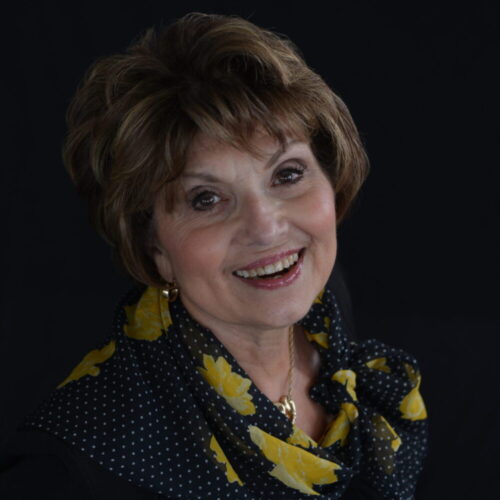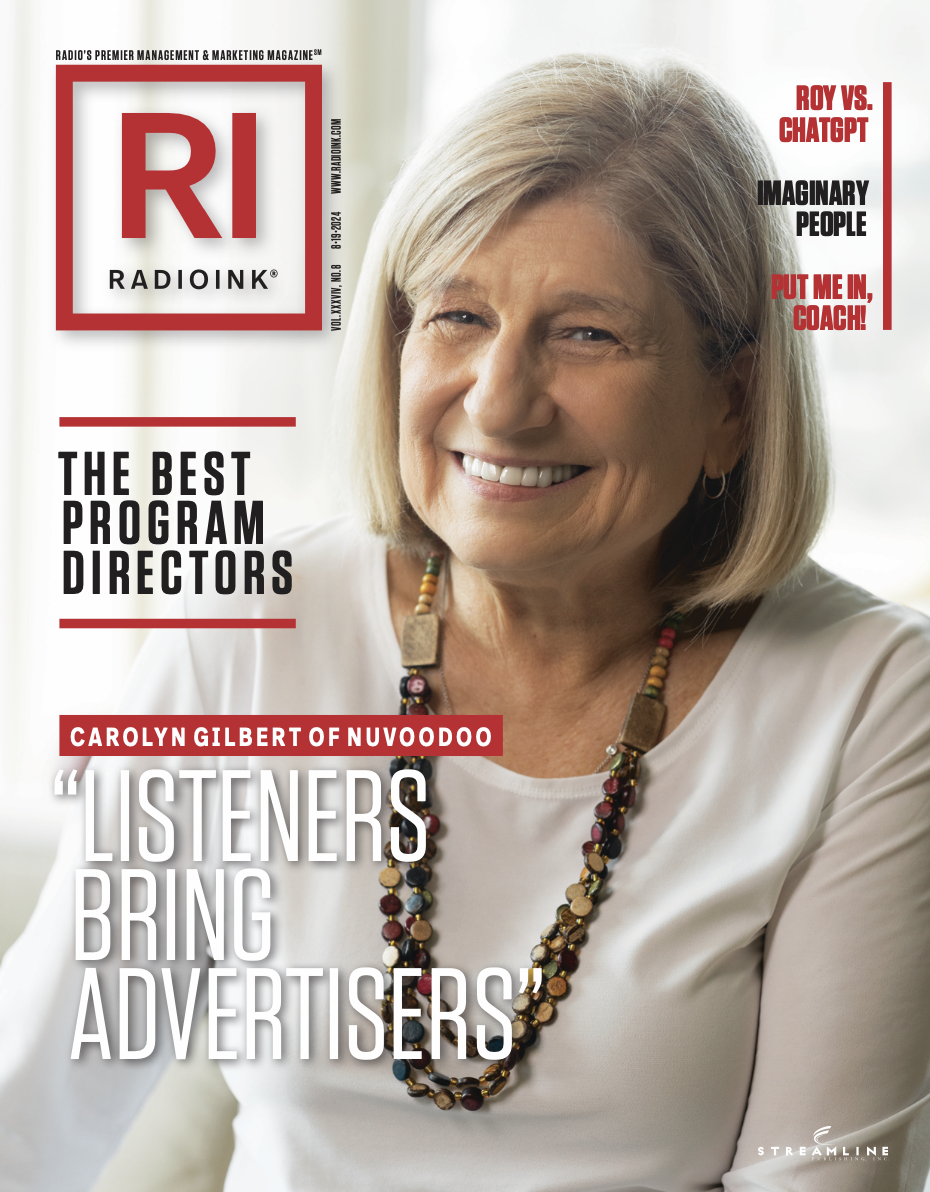
(By Deborah Parenti) It might be the most difficult job at a radio station. Today’s Program Director must blend traditional skills with modern competencies to stay relevant in the rapidly evolving media landscape. It’s a dance of equal parts IQ and EQ.
PDs need the diplomatic skills of an ambassador, answering up and down the hall from GM and corporate to sales managers and sellers. In an increasing number of cases, controlling interests from outside of radio (read: financial institutions) have altered the hierarchy.
They’re also coaching talent, navigating egos, and often figuring out how to do more with less — both budgets and staff. Then add digital competitors to an already crowded playing field.
And, of course, it’s all in the name of serving listener needs and interests. Winning ears and loyalty takes human attention. Radio is, after all, a one-to-one medium — the human experience at its best.
That’s a heavy mix. No PD in the real world gets it right 100% of the time, so maybe that’s why we all still love Andy Travis.
Though WKRP in Cincinnati, the TV show about a fictional AM station, is of another era, it continues to resonate with radio people because it focused on the human side of the business. At the center of a brilliant ensemble of idiosyncratic station staff was “the perfect PD” — played by the talented actor Gary Sandy — who allowed the inmates to roam, but not rule, the asylum at the end of the day (or the episode, as it were).
If you talk with radio people long enough, WKRP will still come up. Based on my conversations with Program Directors over the years, here are some “Andy Travis” qualities they’ve found relatable to their own situations:
Leadership qualities
Andy exhibited strong leadership and management skills, bringing out the best in his team and inspiring loyalty. This is particularly relevant in today’s radio environment, where Program Directors often oversee multiple stations and take on additional responsibilities.
Understanding the playing field, the assets, and the limitations
As a character based on a real-life program director known for his expertise, Andy was knowledgeable about his staff, the product, and the station’s opportunities — as well as its limitations. This kind of understanding continues to be of great importance today.
Problem-solving skills
Andy demonstrated the ability to navigate challenges and implement changes, crucial skills for program directors in the ever-evolving radio industry.
Passion for radio
His enthusiasm for radio and WKRP resonated with many in the “real” industry, reinforcing the passion that draws people to radio careers.
That WKRP in Cincinnati continues to hold fond memories for those who remember it — or have found it in reruns — is because it reminds us that radio is more than “playing the hits.” From serious moments like the episode dealing with The Who concert crush to the infamous Thanksgiving Turkey Drop, radio is a wonderful companion when great programming is alive, well, and allowed to flourish “up and down the dial.”
On September 5, native Daytonian Gary Sandy, who starred as Andy Travis on WKRP in Cincinnati, will be honored at the Dayton Area Broadcasters Hall of Fame dinner for his positive portrayal of the broadcast industry.
Deborah Parenti is President and Publisher of Radio Ink. Reach Deborah at [email protected]. Read her Radio Ink digital archives here or get her latest Publisher’s Beat each month with a digital or print subscription here.







The WKRP example is valid. and as you stated, still holds true today even taking into consideration multiple station ownership, a larger competitive field with alternate media and the challenges of the ever-changing landscape of technical innovation.
You still have to stay ahead of the curve, be creative, innovative and a diplomat both up and down the chain as well as adhere to today’s more restrictive operational policies.
The biggest difference is having the time and money to create a superior product like the single or limited owner one station PDs did. But it can be done with dedication, a good ear and love of the industry. Corporate thinking generally ends up with what too many stations get these days, a cookie cutter bland product.